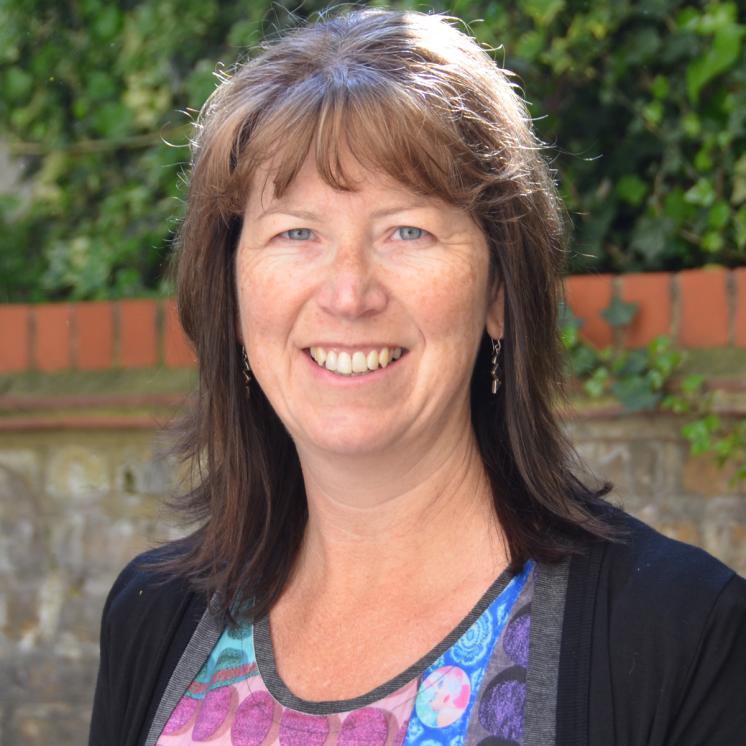Scottish Health Survey and health record linked data now available
 News
News

NatCen nurses are a special group of people who work within our biomedical fieldwork panel. They come from different walks of nursing and associated health care roles. They collect health related data for national statistics and research projects investigating the effects of ageing, lifestyle, and environment on the population’s health across the UK. Much of the data gained, analysed, and reported on is also used by various researchers internationally and so our band of biomedical fieldworkers play a very important part in health and social research.
I am proud to have been representing the nurses and all biomedical fieldworkers as the Head of NatCen’s Biomedical Centre since 2014. However, I have also been one of the data collecting nurses in field over the last 20 years. And, like other nurses on the panel, I have been involved long enough to see the positive effect the data we gather has had on public health policy.
Every day is a busy day as a NatCen nurse. On International Nurses Day we will be visiting research participants to complete their interviews in line with the strict project instructions and protocols for the data collection. This might mean that some of us have had a very early start to take some fasting blood samples for the National Diet and Nutrition Survey. The parent and child participants want to be able to get their blood samples done before they have breakfast and get off to school and work. Being organised to get the visit completed quickly for the family is especially important. We drop off the blood samples we’ve collected into the nearest post office counter to go next day delivery to the designated lab. They are packed in pre-prepared boxes with ice packs, so need to get to the lab before they get too warm!
We are then on our way to see the cohort members for the National Child Development Survey, all of whom are now in their 60’s. This 1958 birth cohort interview is longer and measures a range of health indicators. There is a good amount of equipment we need to make sure we’ve brought along with us. I have usually made light of the need to bring some equipment with me when I’ve made any appointments to visit and the cohort members have a chuckle with us as we’re led indoors promising that we won’t stay for the weekend.
The range of measurements and tests to be completed with cohort members are interesting for the nurses. These can be from the more routine taking of blood pressures and weight measurements, to the more unusual grip strengths, timed walks and leg raises (balancing on one leg with eyes open and eyes closed).
Cohort members can be a little anxious about their performance as they are a few years older than when they last completed them, when they were in their 40’s. We try to allay anxiety and reassure them that the measures are a snapshot of their life only and not defining of their ability and lots of snapshots across the population build the bigger picture. We can be quite competitive ourselves when we are trained for some of these measurements. Can we also stand on one leg for at least 30 seconds with our eyes closed? Project briefings can be fun in this respect.
Once we’ve got the kit back in the car, then we’re off again, this time to see a family of adults and children, just back in from school who are taking part in the Health Survey for England. These visits require different measurements for the different age groups of the children, compared to the adults, so assessing who we might start with is usually a negotiation. Getting the younger children’s short interviews done first helps them to get on with whatever they’d rather be doing after a day at school.
After this busy day we need to get back home, complete the associated admin and transmit the data back to the office. Then restock our bags and get ready for the next visits we have scheduled over the coming week.
Having seen a wide range of participants involved in various national surveys, it leaves us with the sense of satisfaction that we’re making a difference at the end of a day.
Receive a regular update, sent directly to your inbox, with a summary of our current events, research, blogs and comment.
Subscribe